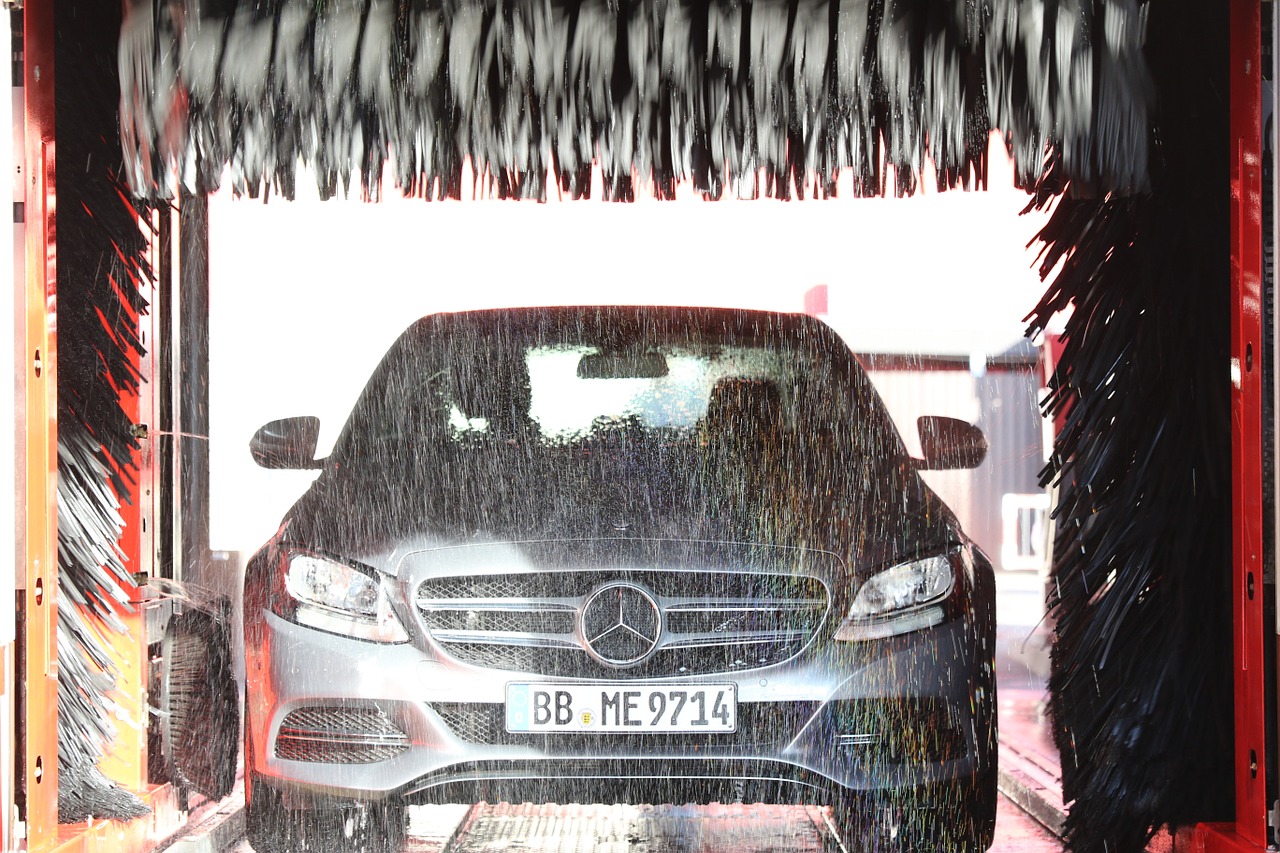
Robohub.org
De-automation is a thing

We tend to assume that automation is a process that continues – that once some human activity has been automated there’s no going back. That automation sticks. But, as Paul Mason pointed out in a recent column that assumption is wrong.
Mason gives a startling example of the decline of car-wash robots, to be replaced by, as he puts it “five guys with rags”. Here’s the paragraph that really made me think:
“There are now 20,000 hand car washes in Britain, only a thousand of them regulated. By contrast, in the space of 10 years, the number of rollover car-wash machines has halved –from 9,000 to 4,200.”
The reasons, of course, are political and economic and you may or may not agree with Mason’s diagnosis and prescription (as it happens I do). But de-automation – and the ethical, societal and legal implications – is something that we, as roboticists, need to think about just as much as automation.
Several questions come to mind:
- are there other examples of de-automation?
- is the car-wash robot example atypical, or part of a trend?
- is de-automation necessarily a sign of something going wrong? (would Mason be so concerned about the guys with rags if the hand car wash industry were a well-regulated industry paying decent wages to its workers, and generating tax revenues back to the economy?)
This is just a short blog post to – I hope – start a conversation.
tags: Automation, c-Industrial-Automation





